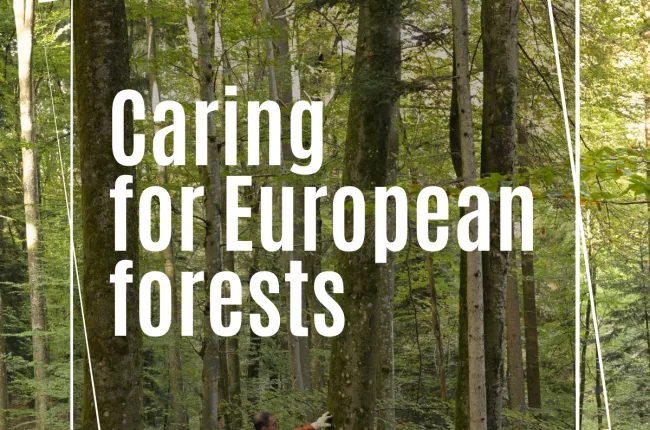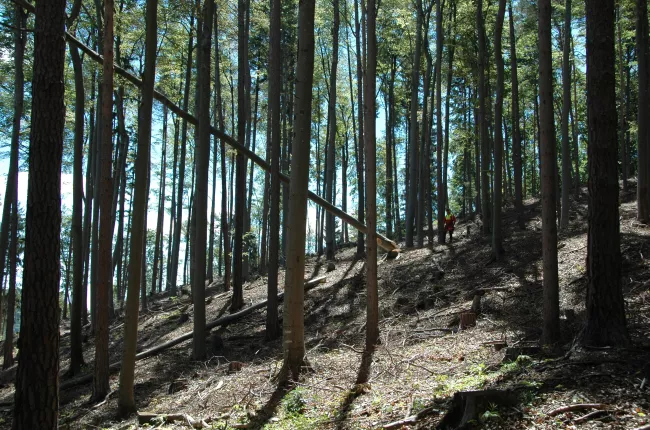European private forest owners support especially the fact that the EU institutions did not endorse provisions that would have hampered the contribution of certain types of woody biomass to EU’s local and renewable energy targets, especially during times when the EU is struggling to get rid of fossil dependency.
“CEPF welcomes the fact that the EU institutions did not limit woody biomass’ contribution to Member States and EU renewable energy targets. This would have ignored the crucial fact that bioenergy is an important by-product from harvesting and tending practices, and that it provides essential income to forest owners and supports continuous, active, sustainable forest management”, CEPF Forest Policy Advisor Maria Pohjala says.
Following the provisional agreement, there will be no secondary legislation mandating the cascading use of biomass. The requirements for a market-based cascading principle include flexible solutions based on the specific situation in each Member States.
Due to some questions and concerns related to the new forest management criteria, including so called "no-go areas" for woody bioenergy sourcing and links to LULUCF regulation, the implementation of RED III might become a challenge in the Member States. However, CEPF welcomes the approach that keeps relying on national forest legislations to prove the sustainable sourcing of woody biomass.
Next, European Forest owners continue analysing this agreement into details to assess its consequences on the ground.
For more information, please contact:
Maria Pohjala, CEPF Forest Policy Advisor




